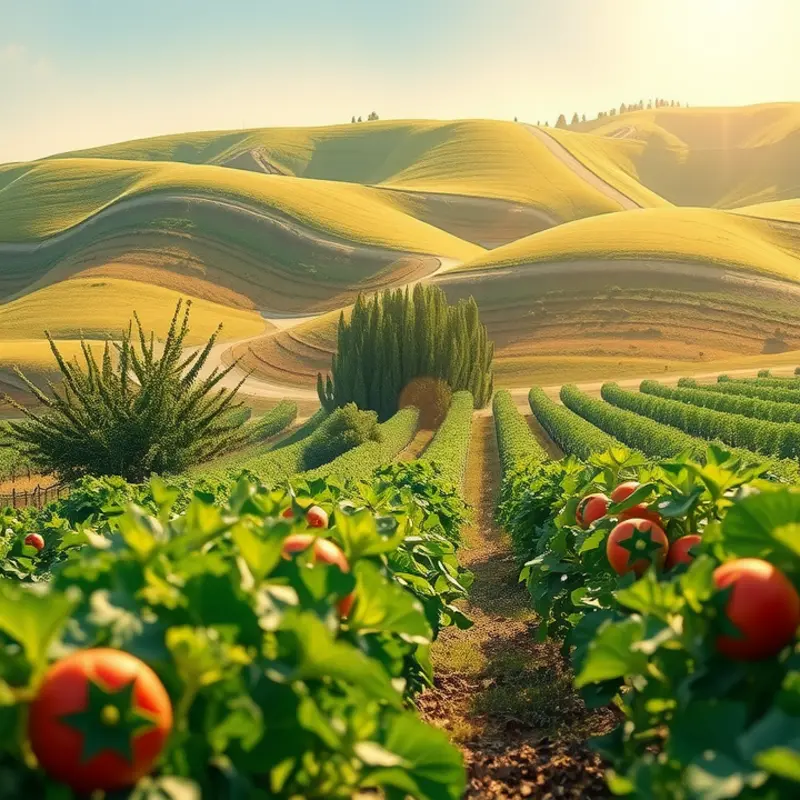Hydration is crucial for maintaining overall health, and with countless myths surrounding food, it’s important to discern fact from fiction. Pickles, a beloved addition to many meals, have sparked questions about their hydration potential. Do they hydrate as effectively as water or other beverages? This discussion aims to clarify the relationship between pickles and hydration, providing you with the knowledge to make informed dietary choices.
Understanding Pickles: Composition and Benefits

Pickles are an intriguing mix of simple yet potent ingredients that combine to create their distinctive flavor. At their core, pickles are cucumbers that undergo a transformation process called fermentation or pickling. This involves immersing them in a solution of saltwater brine or vinegar, which alters their taste, texture, and nutritional profile.
The key ingredients in most pickling recipes are salt, water, and vinegar. These elements not only preserve the cucumbers but also play a crucial role in shaping their hydration properties. The brine, typically a saltwater solution, draws out moisture from the cucumbers through osmosis. While this process may suggest dehydration, the reality is more nuanced.
Salt is a double-edged sword in terms of hydration. Too much sodium can lead to dehydration by causing the body to hold onto more water to balance the salt concentration. In contrast, sodium is an essential electrolyte, critical for maintaining fluid balance, muscle function, and nerve impulses. When consumed in moderation, the sodium content in pickles can actually aid hydration, particularly post-exercise when electrolytes need replenishing.
Water in pickles is another aspect to consider. Although the cucumbers lose some of their water content during pickling, they still retain a significant amount. When you consume pickles, the remaining water can contribute to your overall daily fluid intake. However, given the high sodium content, the net hydration effect can vary.
Vinegar also defines the pickle’s character, offering tanginess and acting as a preservative. It does not directly impact hydration, but vinegar has its own health benefits. Some studies suggest that vinegar may help with stabilizing blood sugar levels and improving satiety, which can have indirect effects on how your body manages hydration and energy balance.
An additional component in pickles is the potential presence of probiotics, especially in fermented varieties that are not pasteurized. Probiotics are beneficial bacteria that support gut health, which can influence hydration by enhancing nutrient absorption and maintaining the integrity of the gut lining. Explore more about probiotics in fermented foods here.
In summary, while pickles may not be a primary source of hydration like water or fresh fruits, they hold unique nutritional benefits. They can contribute to maintaining electrolyte balance, especially after vigorous physical activity. Understanding these elements in pickles equips you with insights into their role in your diet and hydration strategy.
Pickles and Hydration: The Reality

Hydration is primarily about maintaining a balance of water and electrolytes in the body. Water makes up about 60% of our body weight, and it plays a critical role in various bodily functions, from regulating temperature to maintaining cellular environments. When we consider whether foods contribute to hydration, we typically look at their water content along with the balance of other nutrients, particularly sodium.
Pickles are well-known for their high sodium content. Sodium can significantly influence how our bodies retain fluid. When you consume foods high in sodium, your body holds onto this mineral to maintain a balance between sodium and water, leading to potential water retention. However, consuming excess salt can result in dehydration because the body requires more water to excrete the surplus sodium.
Pickles are cucumbers that have undergone a fermentation process, often in a salty brine. While cucumbers themselves are mostly water, the preparation process of pickles involves adding a considerable amount of salt. This transformation affects the potential hydrating quality of pickles. Despite containing a high percentage of water, the sodium content might negate or even reverse the hydrating potential.
When assessing hydration, it’s essential to note that the body absorbs moisture from foods alongside beverages. Foods with high water content can contribute to overall hydration, but their effectiveness depends heavily on their nutrient composition. Pickles, due to the significant amount of salt, may encourage the body to release water to counter the sodium intake.
Whether pickles can be considered an adequate source of hydration is quite complex. They do contain water, but their sodium content requires additional water intake to balance. For individuals with electrolyte imbalances or specific dietary requirements, consuming pickles might not be the best move for maintaining hydration. Instead, incorporating other foods with high water content and lower sodium levels would be more beneficial.
However, pickles can still have a place in a balanced diet, offering probiotics that may benefit gut health. If you enjoy pickles, combining them with other hydrating foods like lettuce or watermelon could help maintain overall hydration levels. Moreover, by preparing low-sodium pickles at home or choosing versions with reduced salt, you can enjoy the taste without potential dehydration risks.
For those interested in enhancing meals without excess salt, consider exploring salt-free flavor boosters that can elevate your dishes without compromising hydration. While pickles add crunch and zest, complementing them with other ingredients can ensure you’re not only savoring your meals but staying adequately hydrated as well.
Final words
In summary, while pickles offer delightful crunch and unique flavors, they are not substitutes for hydrating fluids like water. Their high sodium content can actually inhibit hydration rather than enhance it. Embracing pickles as a flavorful addition to meals can be beneficial for their nutritional value, so enjoy them in moderation. For optimal hydration, prioritize water and hydrating foods, and keep your pickle intake balanced within a well-rounded diet.








